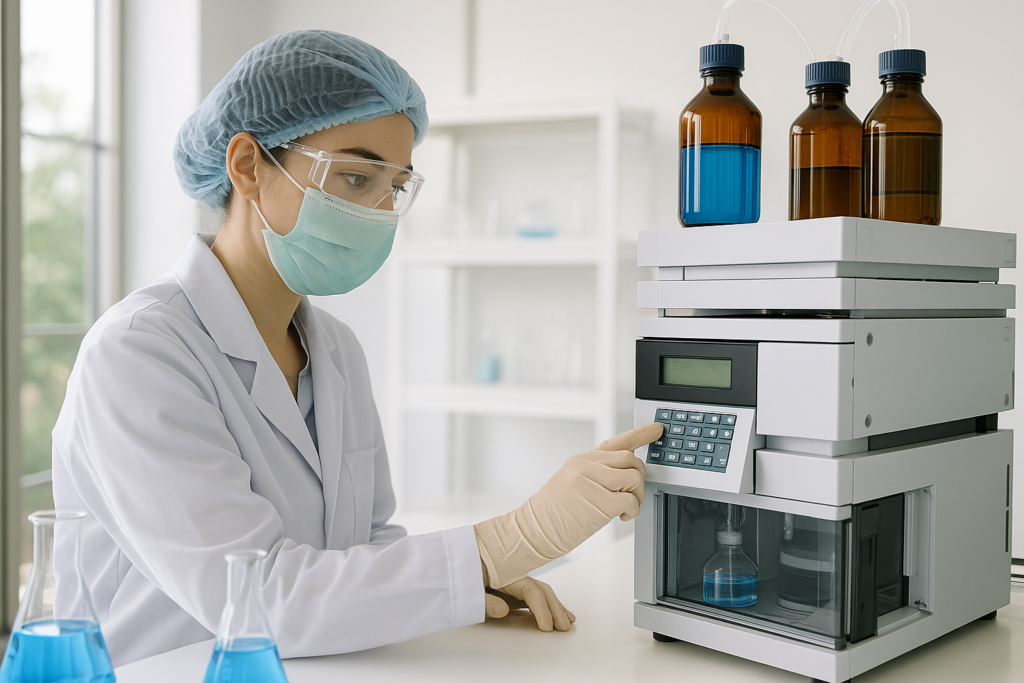
Pharmaceutical products must meet strict regulatory requirements to ensure their safety, efficacy, and quality. Analytical testing plays a crucial role in maintaining compliance with these regulations by verifying the chemical composition, potency, and purity of drugs.
Regulatory bodies require thorough documentation of analytical testing procedures, results, and validation processes. Companies must adhere to Good Manufacturing Practices (GMP) and Good Laboratory Practices (GLP) to ensure continuous compliance.
By integrating robust analytical testing into the pharmaceutical manufacturing process, companies can avoid compliance risks, product recalls, and regulatory penalties.
IntroductionIn pharmaceutical manufacturing, even the best systems and equipment are only as good as the people operating them. Personnel and training audits are essential to ensure that staff members are... Read more
The FDA inspection readiness audit is a critical process for organizations in regulated industries, such as pharmaceuticals, medical devices, and food production. It ensures compliance with FDA regulations, identifies gaps... Read more
IntroductionBefore a new drug can be tested in humans, it must receive approval through an Investigational New Drug (IND) Application. This vital filing is the gateway to clinical development in... Read more